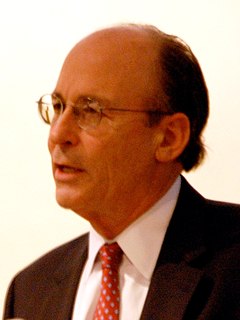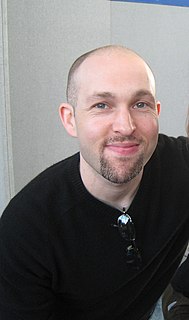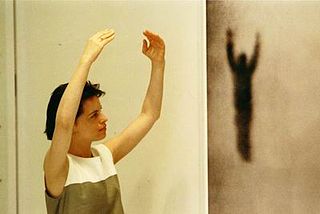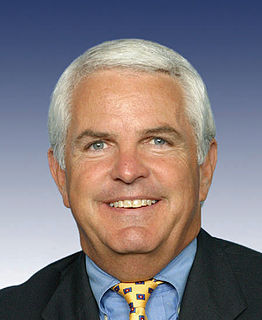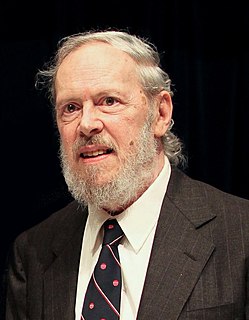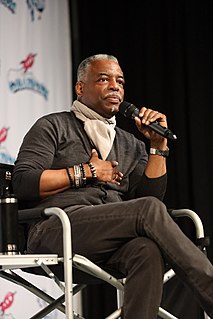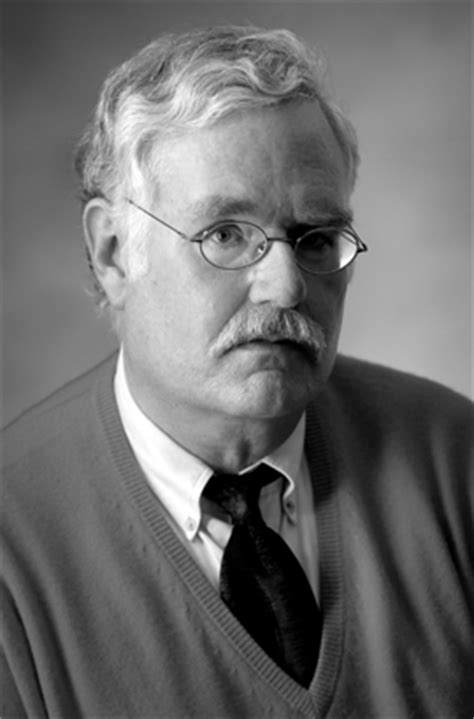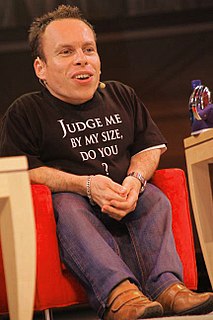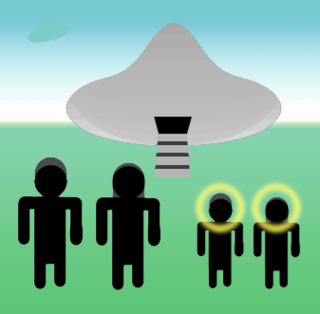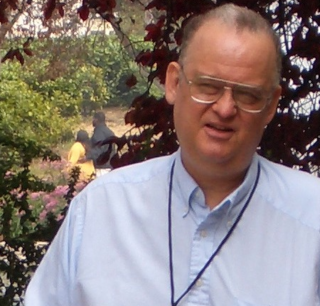Top 1200 Laptop Computers Quotes & Sayings - Page 20
Explore popular Laptop Computers quotes.
Last updated on November 15, 2024.
No music. No rituals. At home I write in my office or on the laptop in the kitchen where our puppy likes to sleep, and I love his company. But I've trained myself to be able to work anywhere, and I write on trains, planes, in automobiles (if I'm not the driver), airports, hotel rooms. I travel often. If I couldn't write wherever I was I would get little done. I also can write in short bursts. Fifteen minutes are enough to move a story forward.
We're progressing on a lot of fronts, but on the aspect of your responsibility - just the very basics of how we treat each other - before we learn mathematics and computers and science in school, and languages and all of this, the basis of it: What is it to be a human? What responsibility do you have?
The government's collection authority, under the Patriot Act, is basically limitless. They can get the medical records and financial records, gun purchase records. And it also becomes part of another important issue that relates to the FISA court and the rest of the debate. It almost becomes a secret law, like there are two Patriot Acts. The one you read on the laptop essentially leads you to believe that there's some connection to terror .









